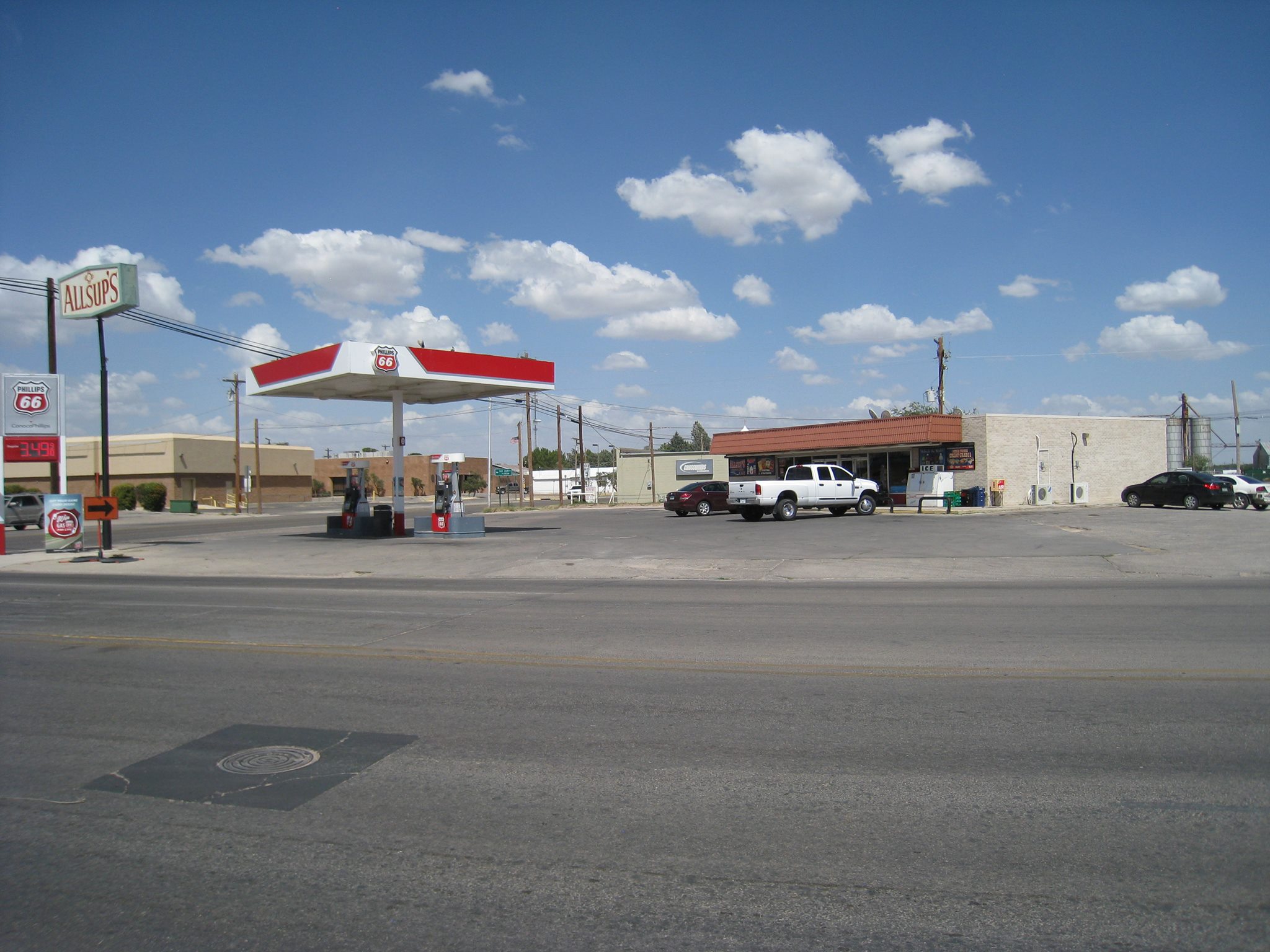
Service station operators in New Mexico, as a result of a July 19 ruling by the state’s Supreme Court, can be held liable for selling fuel to an intoxicated driver. Tennessee is the only other US state where such liability exists.
According to the recent ruling, New Mexico “commercial gasoline vendors” are obliged to refrain from selling fuel to a driver the merchant “knows or has reason to know” is drunk. Determining whether or not a person is inebriated may prove more difficult than it seems on the surface.
The court was split in its decision after hearing arguments from a federal appeals court to rule on a “question of state law concerning the potential liability of a retailer that sold gasoline to an intoxicated driver in 2011,” says Burton Hurd of AutoBlog.
The case, Morris vs. Giant Four Corners, Inc., was built on an incident where an intoxicated driver returned to the highway after refuelling, crossed the center line and, then, hit an oncoming vehicle, killing an occupant in the vehicle.
The New Mexico Supreme Court’s ruling sets precedent under the doctrine of negligent entrustment of chattel. This doctrine places responsibility on owners of “potentially dangerous goods to supply them only to someone competent to safely use them”.
It should be noted that New Mexico has no specific laws prohibiting service station operators from selling gasoline to individuals who are intoxicated. New Mexico courts, however, “have previously recognized the liability a vehicle owner shares if the owner allows an intoxicated driver to operate the vehicle,” according to an article from the Association for Convenience & Fuel Retailing.
In her dissenting opinion, Justice Barbara J. Vigil, who retired from the court at the end of June, expressed her concern about holding service station operators liable. “While the sale and service of alcohol is regulated, neither our common law nor our statutes warrant extending liability for DWI to retail sales of nonalcoholic goods,” she wrote. “Major changes to this law could have widespread consequences for retailers,” Justice Vigil also reasoned that since motorists often pay at the pump without interacting with a human, it is unclear as to how owners and/or employees of these enterprises would be able to determine if a client is or is not intoxicated.
However, the majority did not concur with the retired justice. The majority opinion states, “Gasoline is required to operate most vehicles today. Providing gasoline to an intoxicated driver is like providing car keys to an intoxicated driver.” Further the majority stated, “that under New Mexico law and the doctrine of negligent entrustment of chattel, a commercial gasoline vendor owes to a third party using the roadway a duty of care to refrain from selling gasoline to a driver the vendor knows or has reason to know is intoxicated.”
The new ruling may prove to be significantly more far reaching than simply to gas station operators. Other businesses like parts stores, tire shops, and even mechanics could also be found liable. Even electric car charging station providers might be found on the hook under the four corners of the new ruling.
Service station operators in New Mexico, like Alon, Love’s, Murphy Express and Pilot, have not yet publicly commented about the ruling, although they are aware of potential liability when it comes to selling to an intoxicated driver. Even the recent update to New Mexico’s Liquor Control Act speaks to the issue. The state legislature approved the abolishment of the sale of liquor in McKinley County gas station convenience stores. This ban only affects McKinley County and is the result of an amendment introduced by District 4 Senator George Muñoz (D). Still, it is clear that the legislature as well as the Supreme Court support the concept of a “duty of care” when a third party might be harmed as a result of a vendor selling to an inebriated individual.


